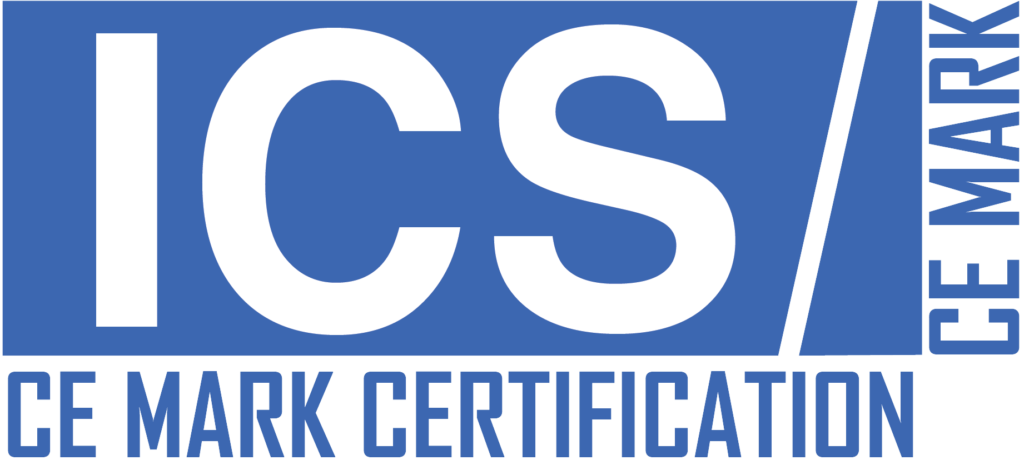
In today’s globalized marketplace, compliance with international standards is crucial for ensuring the safety, quality, and competitiveness of products. CE Mark Certification is a key requirement for products entering the European Economic Area (EEA). The CE mark signifies that a product meets the essential health, safety, and environmental protection standards set by European Union (EU) directives and regulations. This article explores the significance of CE Mark Certification, the certification process, and the benefits it offers to businesses and consumers.
“Given below is the more detail about the CE MARK standard and you might be interested learning more about it. Rest of the part you can avail the certification from ICS to get your organizational dream come true by contact us by clicking below button.”
CE Mark Certification is a mandatory conformity mark for a wide range of products sold within the EEA. The acronym “CE” stands for “Conformity European,” which translates to “European Conformity.” The CE mark is not a quality mark, but rather an indication that a product complies with EU legislation and can be sold freely within the EEA. This certification applies to various product categories, including medical devices, electrical equipment, machinery, toys, and construction products.
Obtaining CE Mark Certification is vital for businesses aiming to access the European market. Without this certification, products cannot be legally sold within the EEA. The CE mark ensures that products meet the stringent safety and performance standards established by the EU, thereby protecting consumers from potential hazards. Additionally, the CE mark enhances consumer confidence in the product’s reliability and safety, leading to increased market acceptance and competitiveness.
The process of obtaining CE Mark Certification involves several steps. First, manufacturers must identify the applicable EU directives and standards relevant to their product. Next, they must conduct a conformity assessment, which may include product testing, risk analysis, and documentation review. Manufacturers can perform these assessments themselves or seek assistance from notified bodies, which are independent organizations designated by EU member states to assess conformity.
Once the conformity assessment is complete, manufacturers must compile a technical file containing all relevant documentation, such as test reports, design specifications, and risk assessments. This file serves as evidence of the product’s compliance with EU requirements. Manufacturers must then draft a Declaration of Conformity, stating that the product meets the applicable directives and standards. Finally, the CE mark can be affixed to the product, and it can be placed on the market.
Access to the European Economic Area’s (EEA) vast market of over 30 countries and 500 million consumers.
Elimination of trade barriers, enabling free movement of products across EU member states.
Enhanced company reputation and credibility.
Demonstration of commitment to safety, quality, and regulatory compliance.
Guarantee that the product meets essential safety and performance standards.
Reduced risk of purchasing substandard or dangerous products.
Ensured peace of mind for consumers.
Promotion of fair competition among manufacturers, as all products must comply with the same regulatory requirements.
While CE Mark Certification offers significant advantages, the certification process can be complex and time-consuming. Manufacturers must stay up-to-date with evolving EU directives and standards, as non-compliance can result in penalties, product recalls, and reputational damage. Additionally, the cost of testing and certification can be substantial, particularly for small and medium-sized enterprises (SMEs).
Manufacturers must also consider the implications of Brexit on CE Mark Certification. With the United Kingdom (UK) no longer part of the EU, products sold in the UK will require the UKCA (UK Conformity Assessed) mark, which is similar to the CE mark but specific to the UK market. Businesses exporting to both the EU and UK markets must ensure compliance with both certification schemes.
CE Mark Certification is a critical requirement for businesses seeking to access the European Economic Area. This certification ensures that products meet essential health, safety, and environmental protection standards, benefiting both businesses and consumers. The CE mark enhances market access, consumer confidence, and product competitiveness, while promoting regulatory compliance and fair competition. Despite the challenges associated with the certification process, the benefits of obtaining CE Mark Certification far outweigh the costs.

For Quick Contact Leave Your Message We will Contact You Shortly Or Call Us At Given Numbers or Email Addresses. We Love to Deliver Our Efficient Services.
Copyright All Rights Reserved © 2025